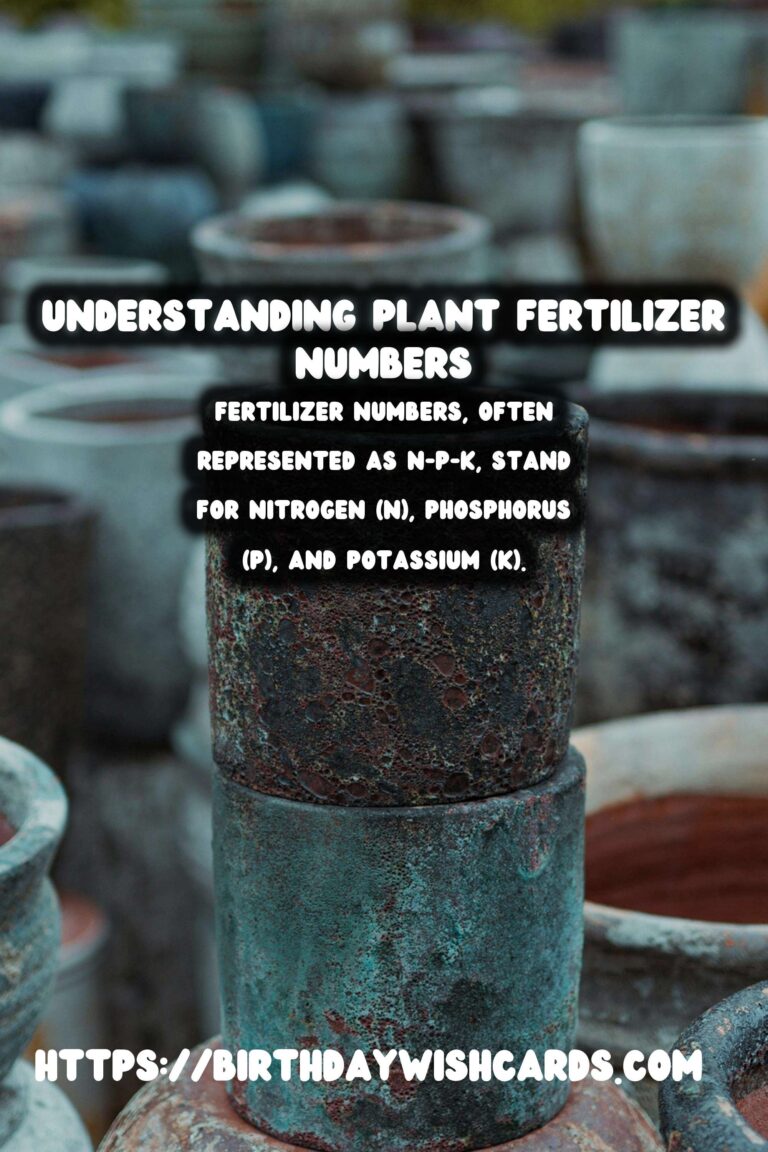
Gardening enthusiasts and professionals alike are often puzzled by the numbers on fertilizer labels. These numbers play a crucial role in determining the health and growth of your plants. Understanding them, especially when considering organic options, can make a significant difference in your gardening success.
What Do Fertilizer Numbers Mean?
Fertilizer numbers, often represented as N-P-K, stand for Nitrogen (N), Phosphorus (P), and Potassium (K). These are the primary nutrients that plants require in large quantities. Each number in the sequence indicates the percentage of each nutrient in the fertilizer. For instance, a fertilizer labeled as 10-10-10 contains 10% nitrogen, 10% phosphorus, and 10% potassium.
The Role of Nitrogen, Phosphorus, and Potassium
Nitrogen is essential for leaf growth and is a vital component of chlorophyll. It helps in photosynthesis, making it indispensable for lush, green foliage. Phosphorus supports the development of roots, flowers, and fruits. It is crucial during the early stages of plant growth and flowering. Potassium aids in overall plant health by strengthening cell walls, improving disease resistance, and enhancing drought tolerance.
Organic Fertilizer Options
Organic fertilizers are derived from natural sources and are an environmentally friendly choice for gardeners. They release nutrients slowly, providing a steady supply to plants. Some popular organic fertilizers include:
- Compost: A rich source of nutrients and beneficial microorganisms that improve soil structure.
- Bone Meal: High in phosphorus, bone meal is excellent for root and flower development.
- Blood Meal: A significant source of nitrogen, ideal for leafy plants.
- Fish Emulsion: A balanced fertilizer that provides a moderate amount of nutrients, including trace elements.
- Manure: Cow, horse, and chicken manure are excellent sources of nitrogen and improve soil fertility.
Choosing the Right Organic Fertilizer
When selecting an organic fertilizer, consider the specific needs of your plants. Leafy vegetables like lettuce and spinach may benefit from higher nitrogen content, while flowering plants like roses may require more phosphorus. Understanding your plants’ requirements and matching them with the appropriate N-P-K ratio is key to successful gardening.
Advantages of Using Organic Fertilizers
Organic fertilizers offer numerous benefits, including improving soil health, enhancing biodiversity, and reducing the risk of nutrient runoff that can harm water systems. They also promote sustainable gardening practices by recycling organic waste materials.
Conclusion: Making the Right Choice
Understanding fertilizer numbers and choosing the right organic option can greatly impact your gardening success. By providing plants with the nutrients they need in an environmentally friendly way, organic fertilizers support healthy plant growth and contribute to a sustainable ecosystem. Whether you are a seasoned gardener or just starting, knowing how to interpret fertilizer labels and select organic options will help you nurture a thriving garden.
Fertilizer numbers, often represented as N-P-K, stand for Nitrogen (N), Phosphorus (P), and Potassium (K). Organic fertilizers are derived from natural sources and release nutrients slowly. Compost, bone meal, and blood meal are popular organic fertilizers. Choosing the right organic fertilizer depends on the specific needs of your plants. Organic fertilizers improve soil health and promote sustainable gardening practices. 
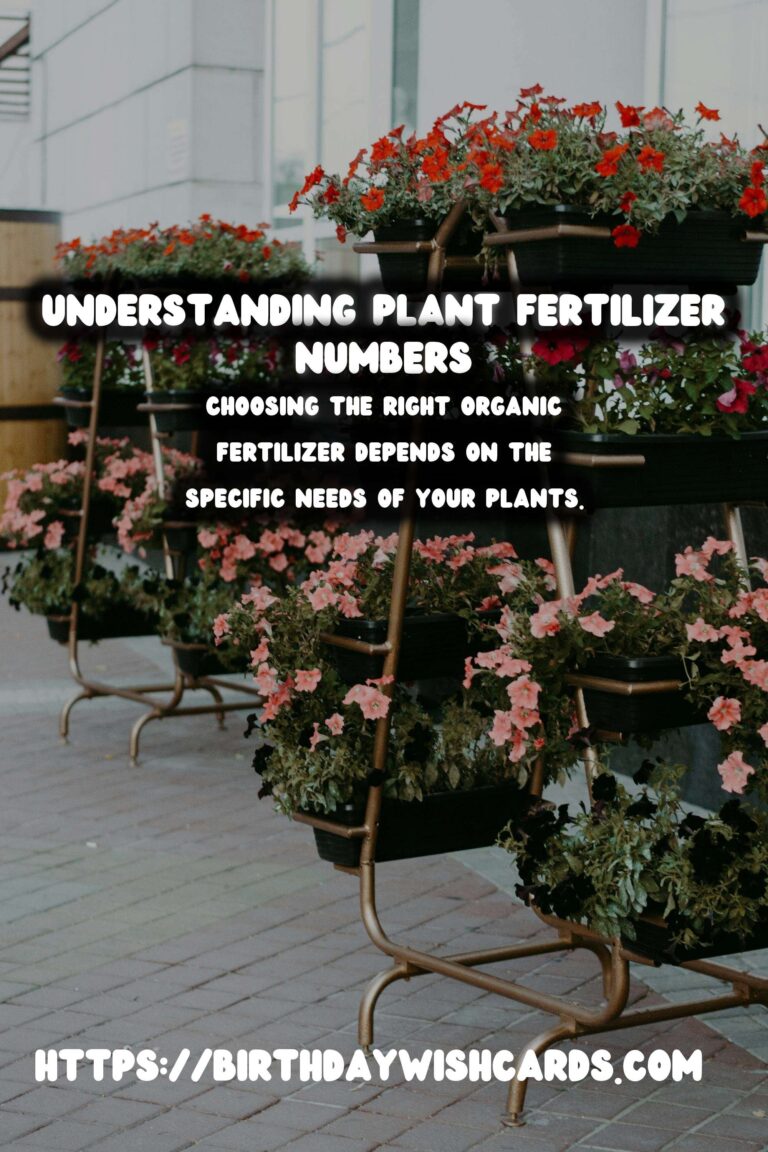
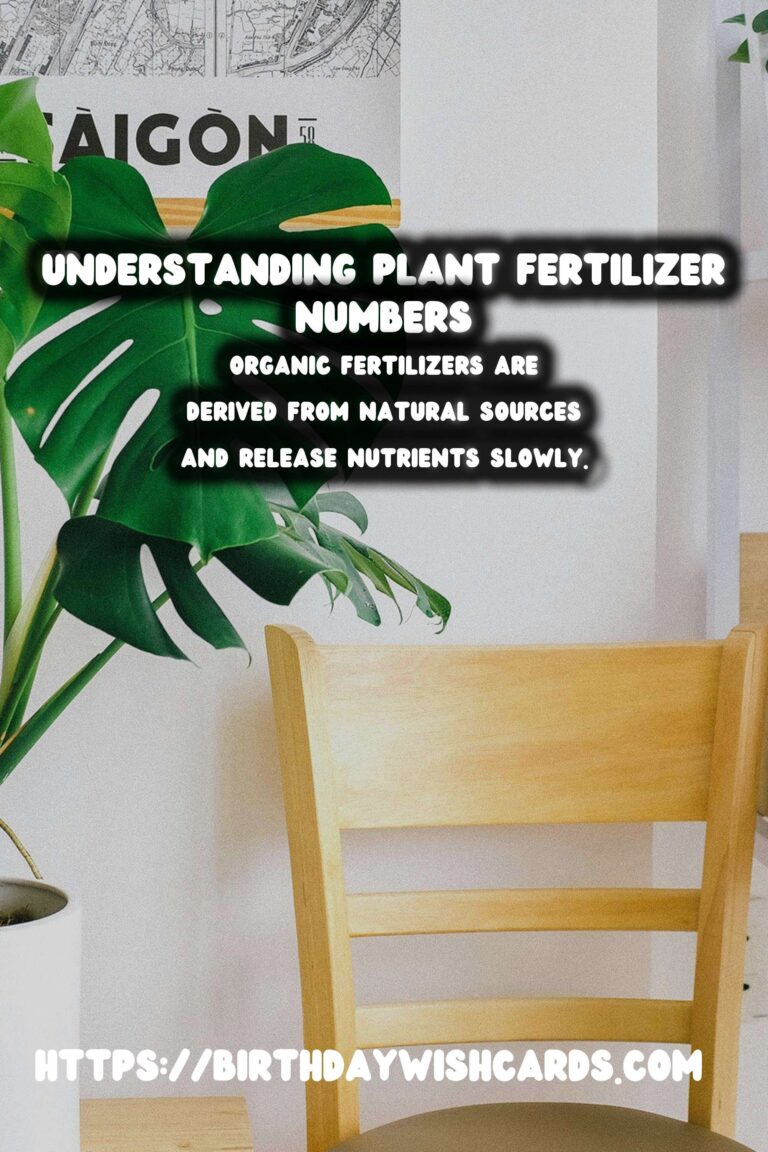
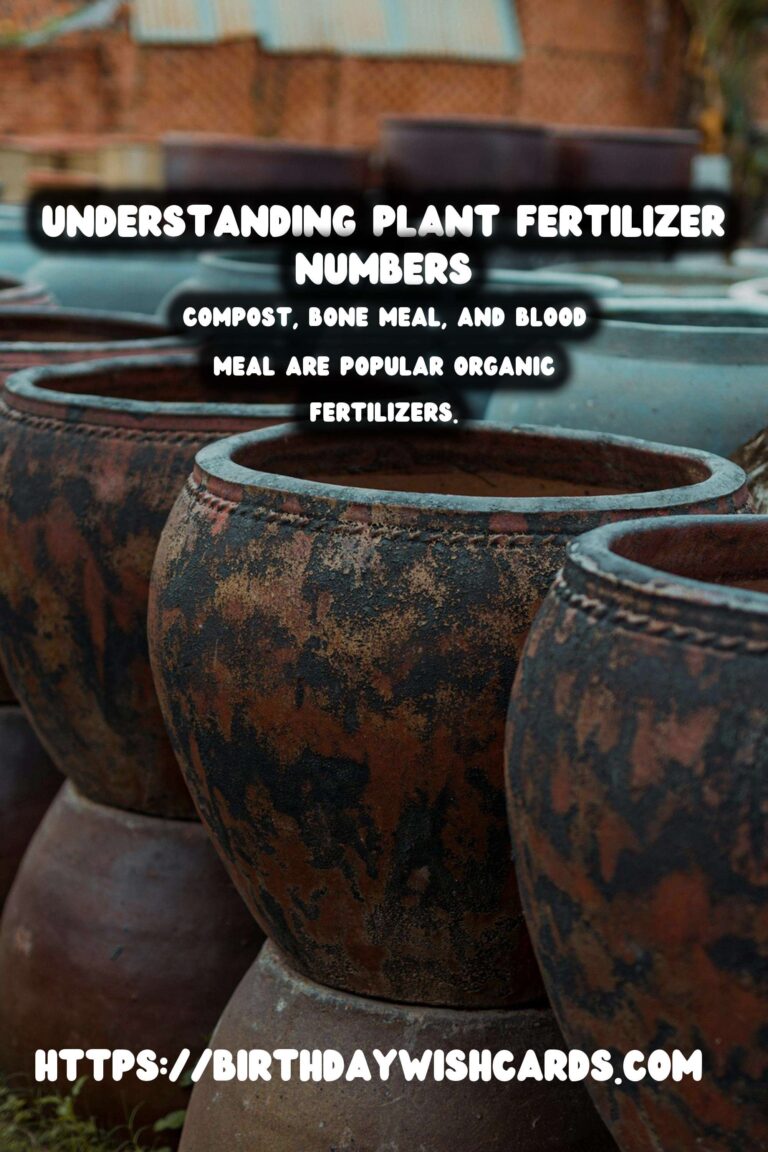
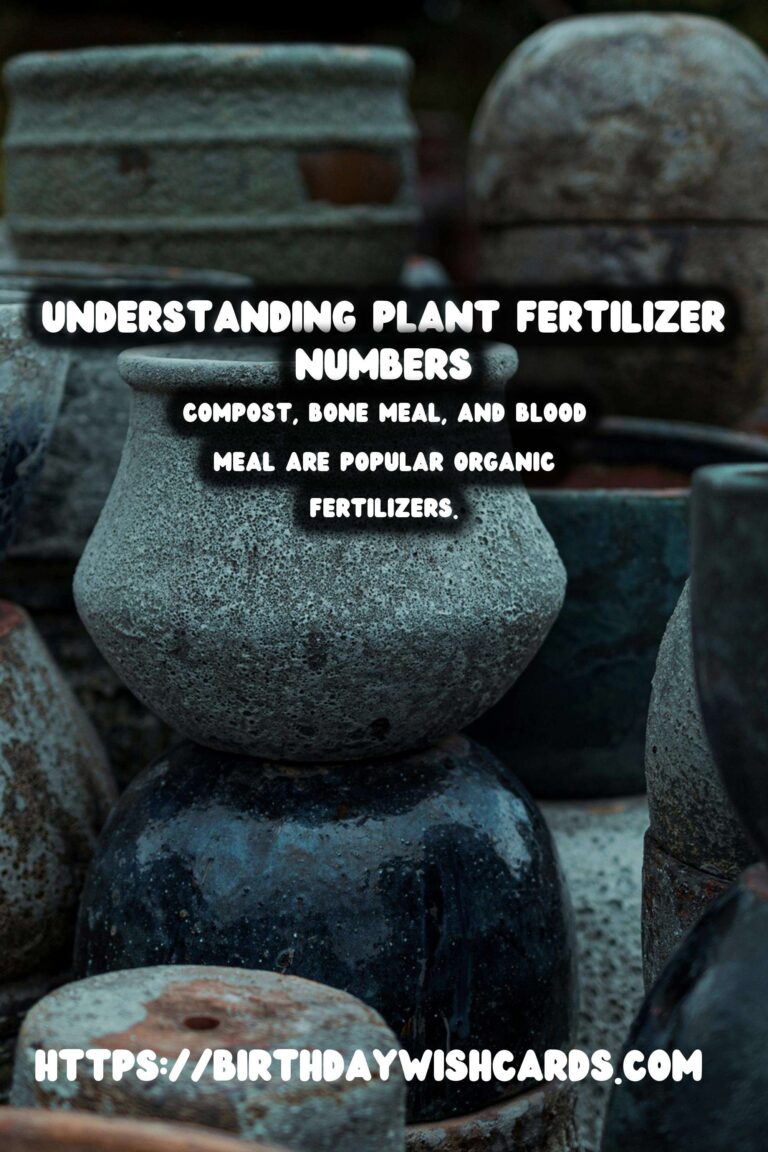
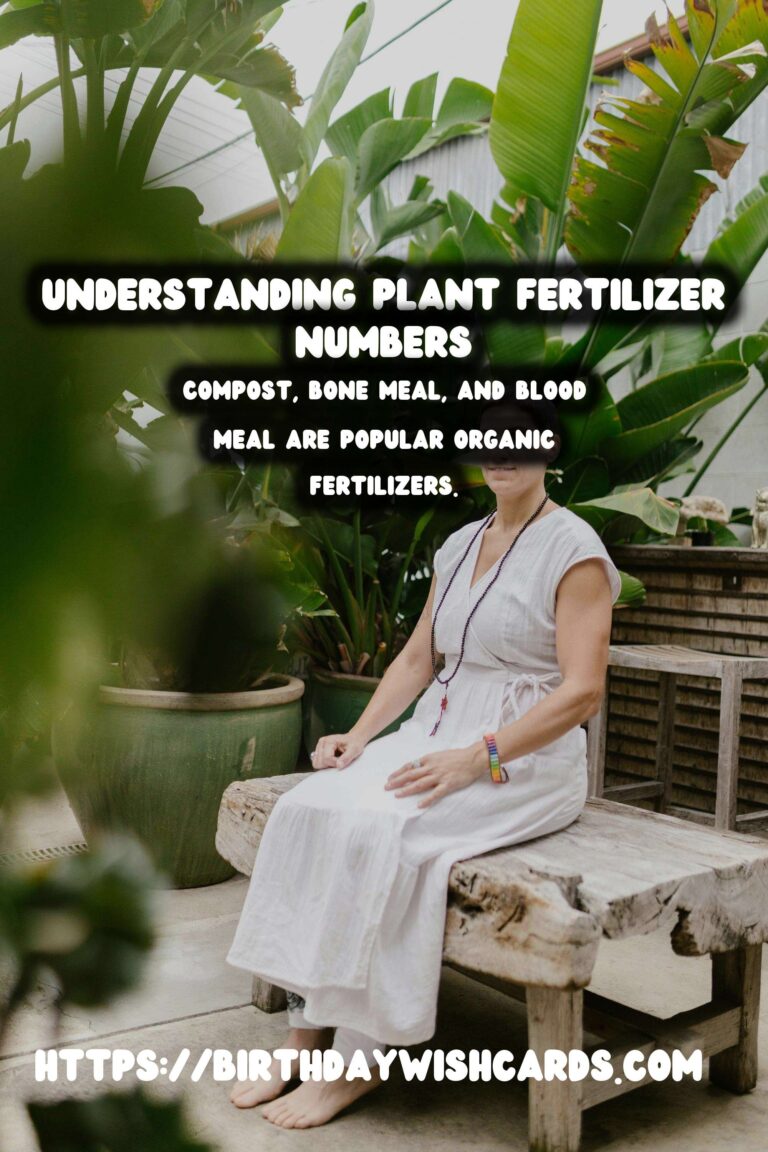
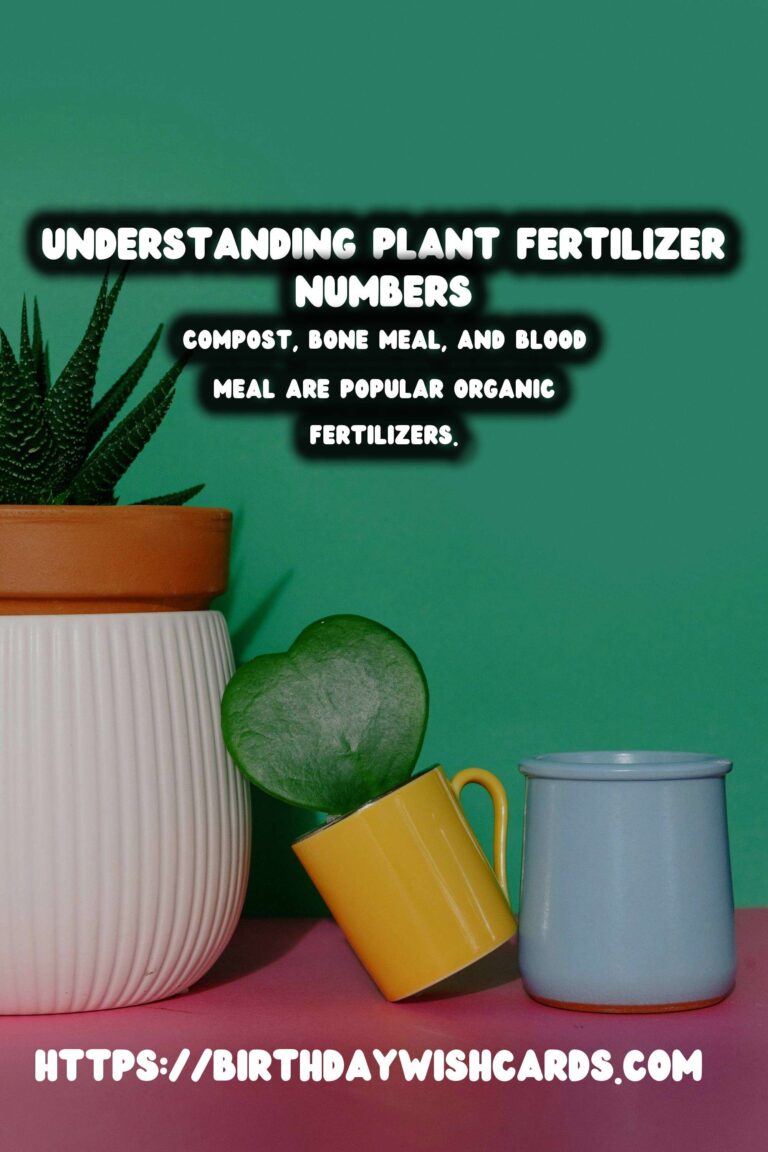

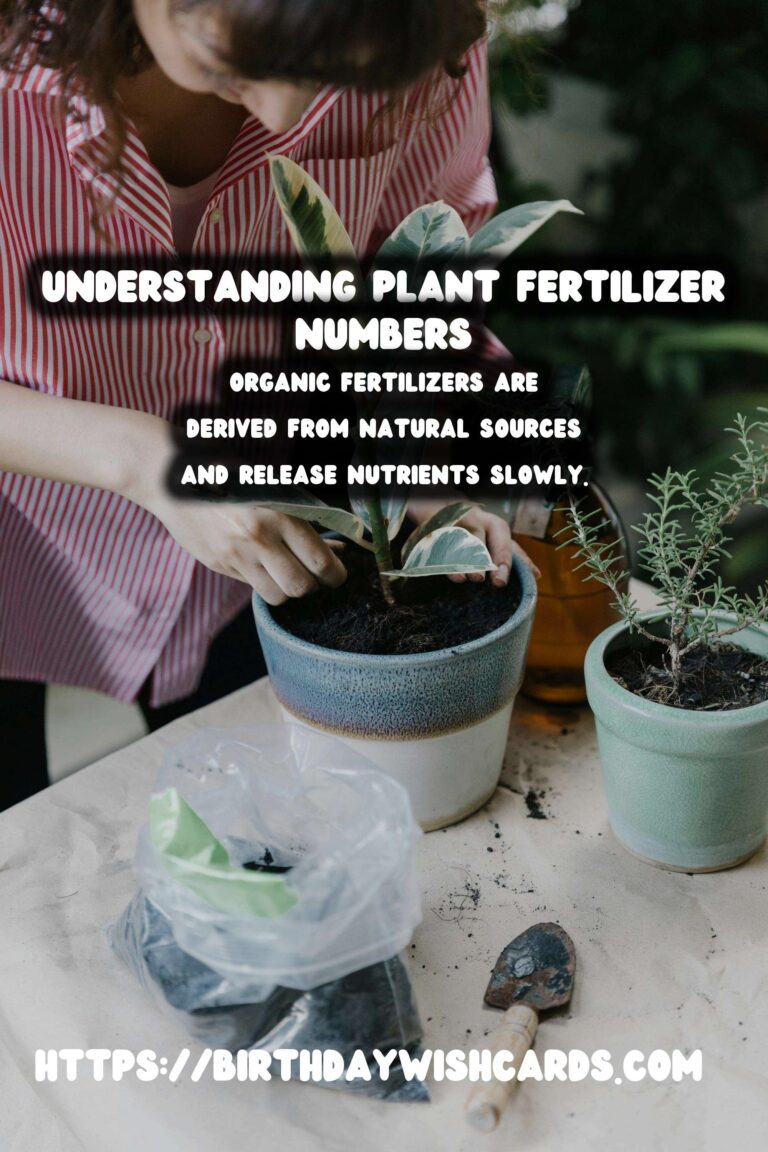
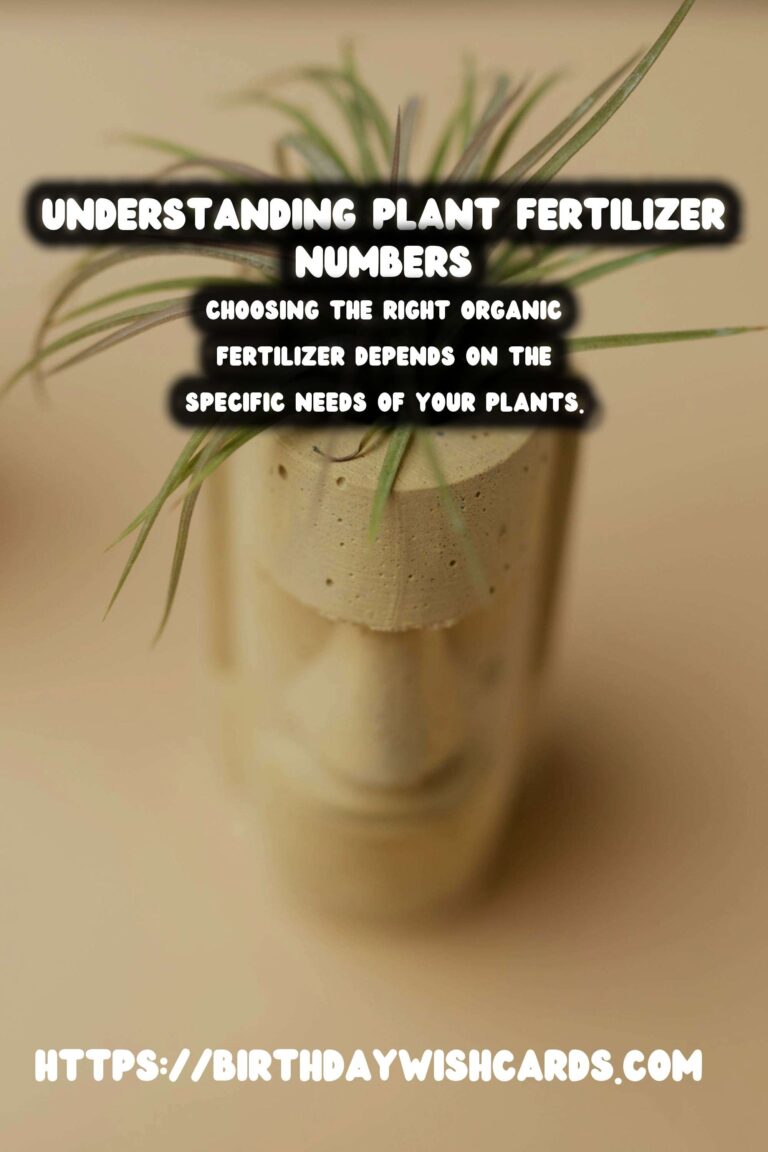
#Gardening #OrganicFertilizer #PlantNutrition #SustainableGardening



